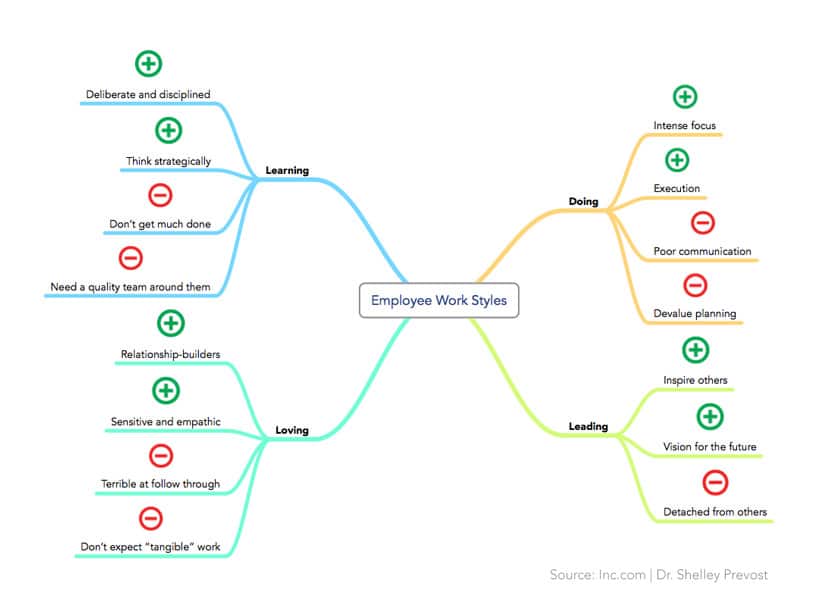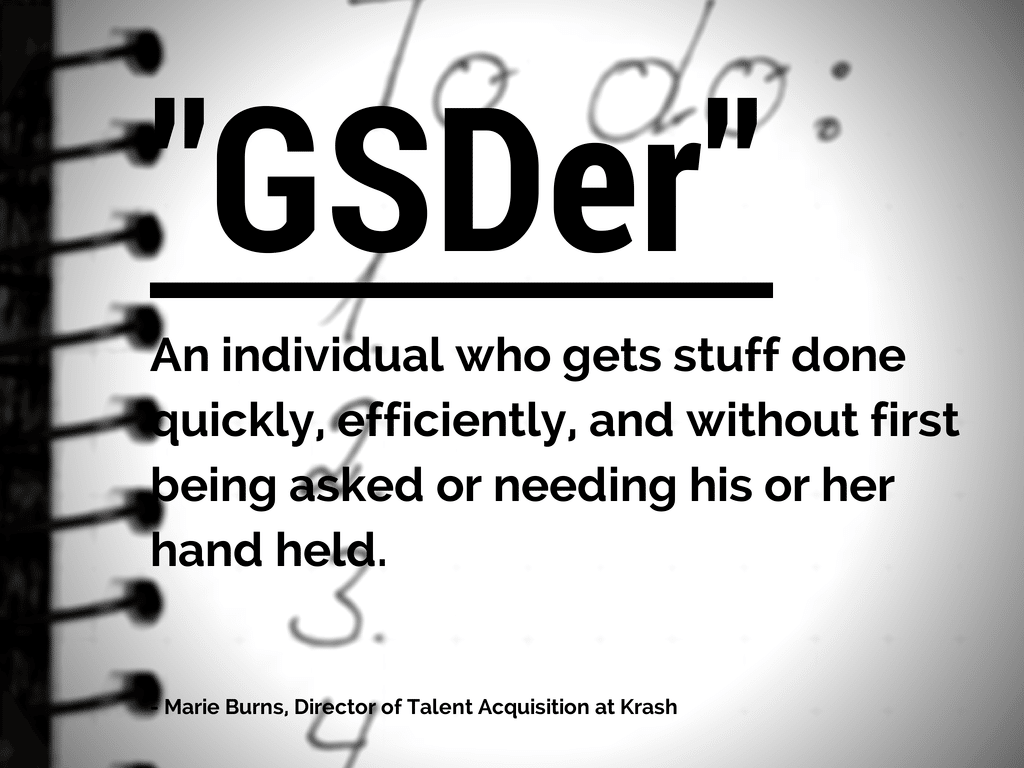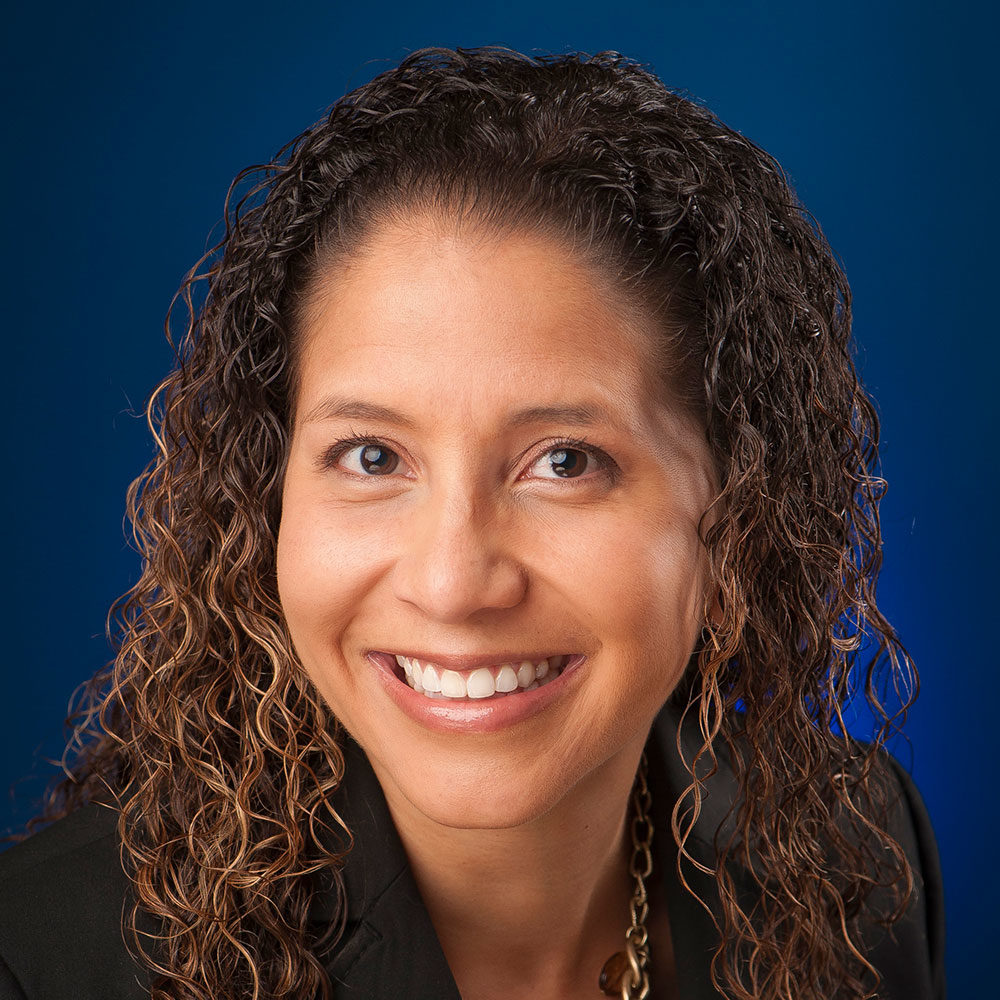3 Reasons You Ended Up Firing “the New Guy”
By Becky Cromwell
Published August 29, 2014

You really felt like this new hire was the one.
You asked all the right questions and heard all the right answers. Multiple people signed off on his hiring, stating that he was the “right man for the job.” But, a few short weeks into his tenure, you start hearing things from your employees.
“He just isn’t catching on quick enough,” one co-worker says. Another tells you that “he’s just not getting enough done.”
What happened?! This new hire was supposed to be perfect, but instead you are left having to say goodbye to them a few short months later. Even though the stars seemed to align during your interview phase, you probably missed on three key areas of evaluation.
You Neglected to Assess Their “Soft Skills”
No one will fight you on the importance of evaluating the technical skills of a potential job candidate. If you’re hiring a position that is data driven and the job candidate doesn’t know how to use Excel, then that is a serious red flag.
But, too often, “soft skills” are an afterthought for hiring managers. A few examples of “soft skills” include:
- Making presentations to customers or internal teams;
- Helping team members who are struggling;
- Managing multiple projects to a timeline;
- Prioritizing with little direction; and
- Being able to take direction from project managers.
Lou Adler, CEO of The Adler Group, says in this Inc.com article instead of these skills playing second fiddle to the technical skills of a candidate, they should be placed on the same playing field:
Let’s stop calling them soft skills. The squishiness of this minimizes their importance. Instead, let’s call them non-technical skills. Let’s embed some of these non-technical skills assessments into the technical assessment process. Make it a point to measure non-technical skills in earlier interviews, rather than leave this critical assessment to the very end. This way, potentially great managers wouldn’t be inadvertently excluded. Finally, why not spend at least two hours assessing these critical non-technical skills instead of just 45 minutes?
During your interview process, do you spend enough time evaluating “soft skills?” How much value are you placing on them? Maybe it is time to reevaluate that portion of your interview process.
You Failed to Evaluate Their Work Style
Every employee on your team has their own unique working style. Dr. Shelley Prevost says there are 4 distinct work styles that exist within employees: Doing, Leading, Loving, and Learning. The working style of your current employees and the new hire has to be considered before inserting a new personality into the mix.
Here’s a brief introduction to the 4 work styles Dr. Prevost covers in this Inc.com article:
Doing
Exactly as it sounds. Doing personalities get things done. They have intense focus and are detailed in their efforts.
Problem with Doers, Dr. Prevost says, is they are usually so focused they may forget to communicate what they’re working on. They also don’t place much value on planning.
They believe that everyone should “Shoot, Fire, Aim” and tend to devalue the important work of planning.
Leading
These personality types create vision and inspire others. Most likely the President of whatever company you work for has a leading personality.
Problem with leaders is they don’t understand all that goes into achieving their vision.
Because they’re out in front, they sometimes forget to check in with the people following them.
Loving
It’s all about the relationship for these people. Dr. Prevost says these personality types are sensitive and empathic.
They have an unconscious finger on the pulse of every other person on the team. If you want to know how others on your team are really feeling, ask the Lover.
Problem with lovers: they are terrible at following through with detail-oriented work.
Learning
These individuals can’t research enough. They are your problem solvers.
They are deliberate, disciplined, and tend to think more strategically than most people.
Without others, however, Learners wouldn’t get much done. In order to execute their best-laid plans, they need a team ready to act. Their strategy is only as good as the problems they actually solve–not in theory, but in reality.
It is important to evaluate your job candidates, not just for the skills they have, but also for the people they will be working with directly. Go back through these work styles and think about which category some of your key employees can be grouped into. Adding a learner to a team full of doers will only cause frustration for the team if that learner is hired with the expectation of being a doer. The doers will not understand why the learner isn’t ever getting anything done. The same situation will likely happen when adding a lover to a team of doers.
You Failed to Evaluate Their Ability to “Get Things Done”
Every hiring manager wants what Marie Burns, Director of Talent Acquisition at Krash, calls a GSDer: an individual who gets stuff done quickly, efficiently, and without first being asked or needing his or her hand held.
But, how exactly do you go about finding out if a candidate actually knows how to “get things done?” Luckily, Burns gives us some things to look for during the pre-screening, interview, and post-interview phases of the hiring process:
Pre-Screening
- Scan for action verbs like create, produce, influence, accomplish, and lead on their resumé and LinkedIn profile.
- Look for a track record of success, no matter what the job was.
Interview
- Ask for examples of their best work. Burns says “Every over-achiever I’ve ever come across holds a stash of awesome work for safe-keeping—or at the very least will figure out a way to get you something to showcase their abilities.”
- Ask questions like “What is your biggest professional or personal accomplishment to date?” or “Tell me about a time when you created overwhelming value for your company?”
Post-interview
- You should receive a follow-up email from a “GSDer” within 48 hours.
For a more detailed look at how to hire the right GSDer for your company, check out Burns’ post on themuse.com.
As an HR hiring manager/recruiter, you have to take responsibility for the hires you make and own them. By following these three guidelines, it should help you avoid hiring candidates that just aren’t the right fit your company, even though they had a high like-ability factor.
Becky Cromwell has called St. Augustine home since 2004. She graduated from the University of Central Florida with a B.S. in Business Administration. Becky currently serves as an Account Executive on the Self-Funded Group team. She is active her church and volunteers with St. Johns County Public Schools.







